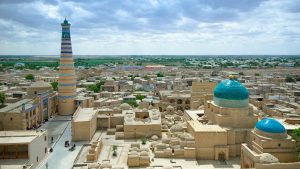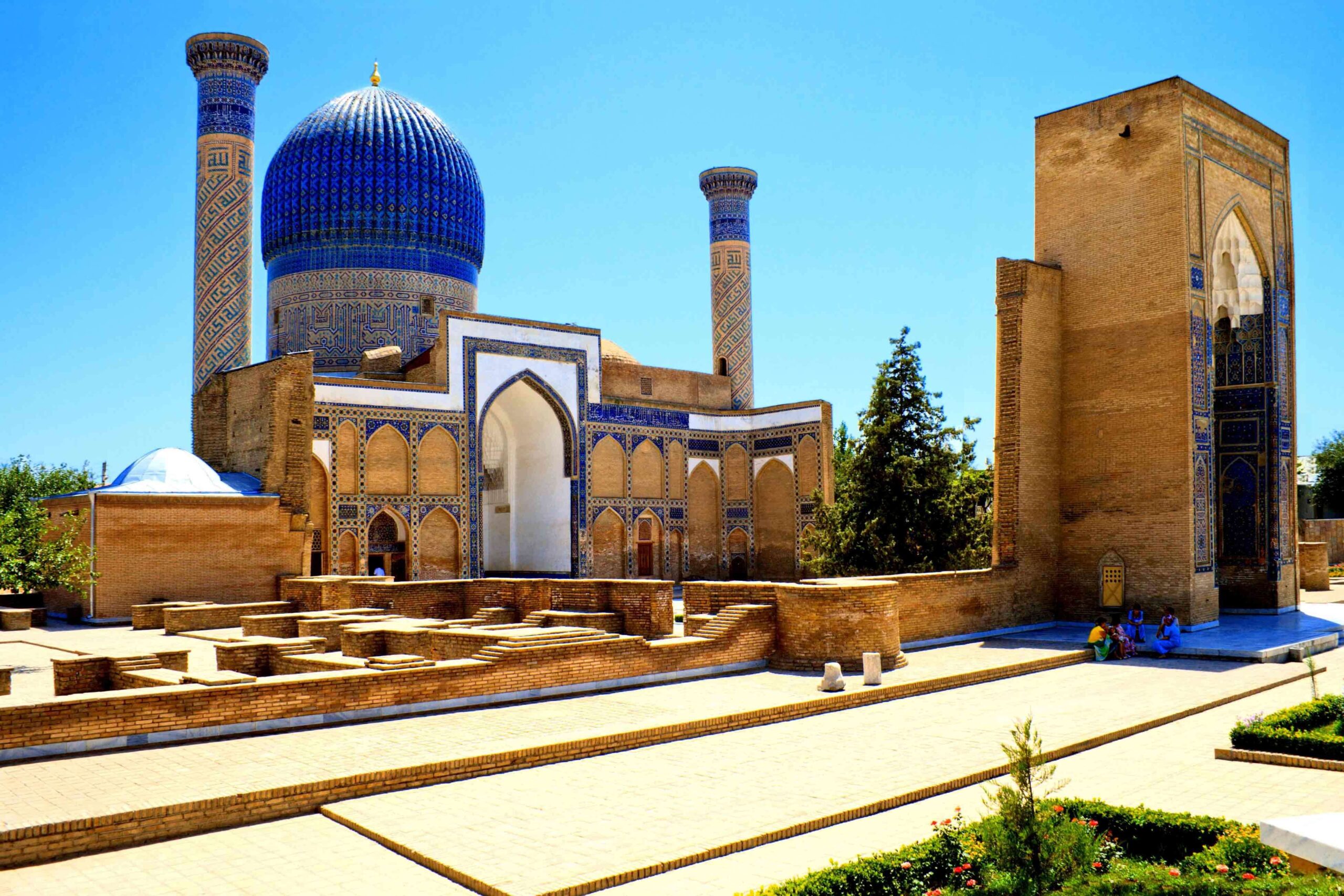Any language and russian to english translator, going through the regular stages of its development over hundreds and thousands of years, invariably becomes overgrown with inclusions that came into it from other dialects. Naturally, this also happened with the Uzbek language, whose speakers lived at the intersection of many civilizations, contacted and continue to interact with representatives of hundreds of languages and dozens of language groups.
Uzbek borrowings in Russian
Close interaction, especially in the last 50-100 years, between the speakers of the Russian and Uzbek languages could not but lead to the interpenetration of a considerable number of words in both languages.
The Uzbek language itself is of Turkic origin, so it is rather difficult to understand from which particular language a particular Turkic word came to Russian. And such words, taking into account the richest joint history of the Russian and a large number of Turkic peoples, are enough. Words such as babay, donkey, koumiss, cheburek, cap, reed, golden eagle and a huge variety of others sound almost identical in both languages. But, repeating once again, it is possible to reliably determine which representatives of the Turkic people brought a new word into Russian only in very rare cases, when it is known who first pronounced it on the territory of Russia. This does not happen so often, and the translation from Uzbek of these phrases sounds similar to the translation from related Turkic languages.
At the same time, Uzbekisms are widespread in the Russian language in the space of Uzbekistan itself. Naturally, they are a local phenomenon, and do not fall into the academic dictionaries of the Russian language, but such a fact is present. At the everyday level, in the speech of people using the Russian language, and in the works of local writers, Uzbekisms are used quite widely.
Words such as “viloyat”, “lagan”, “khurdzhuk”, “hokim”, “yuzboshi”, “atola”, “kazy”, “dimlyama” are unlikely to be understood by Russian speakers on the territory of Russia, nevertheless, in Russian-speaking Uzbekistan they are not special and are widely used. As a rule, Uzbekisms in Russian speech are words describing everyday objects, relationships between people, local toponymy, fauna, local cuisine and other things and phenomena characteristic of the area.
At the same time, Uzbekisms are completely organic in the “local” Russian language, none of the Russian-speaking will call a ditch a ditch or horse meat sausage other than “kazy”. That is, such borrowings have long been entrenched in the language and are the de facto norm.
Russian borrowings in Uzbek
The reverse process took place on a much larger scale. First of all, this is due to the higher level of development of the territories in which the Russian language was cultivated. This trend has been especially evident since about the beginning of the 19th century. The more technically and scientifically advanced native speakers of the Russian language, interacting more and more closely with the Uzbeks, have made a huge contribution to the development of their vocabulary. And when, in the 20th century, the Russian language became the language of interethnic communication throughout the USSR, the process of language borrowing from Russian into Uzbek went like an avalanche.
In a similar way, borrowing from other languages often occurred, but through Russian, in the Russian-speaking sound and with the possible inheritance of distortions. Almost everything that appeared new in the world thanks to scientific and technological progress, the achievements of scientists and artists in the XX century, came into the Uzbek language from a Russian-language name, or in transit through Russian. “Sanitation Inspectors”, “Batteries Electrsizlantirish”, “Haftambel”, “Photosurat”, “Kalavat” are vivid examples of such “transit” borrowings.
Such a process sometimes led to the actual ousting of the Uzbek language from some areas of use and its replacement with Russian. Recently, the situation has a pronounced opposite tendency: the Uzbek language is returning to almost all spheres, a lot of so-called “Russisms” are being replaced by Uzbek linguistic constructions, sometimes not the most successful ones. Many terms are borrowed from the Persian languages and the more widespread Turkish, gradually replacing Russian borrowings, for example, “nagliot” or “yuk tashish” instead of “transportation”, “fukaro” or “tabaalik” instead of “citizens”, etc.
Separately, it is worth mentioning the phenomenon of bilingualism: in Uzbekistan there is still a wide range of people who speak both languages and often speak a multilingual mixture. The percentage of bilinguals is especially high among people of the older generation who got on their feet and received their education in the Soviet Union. In their speech, it is not uncommon for “combined phrases and expressions, for example,“ men are good man ”,“ girls ”,“ Ivan-aka ”,“ zakaz-samsa ”. Such “hybrid” words and expressions most vividly demonstrate the deep interpenetration of the two languages.




